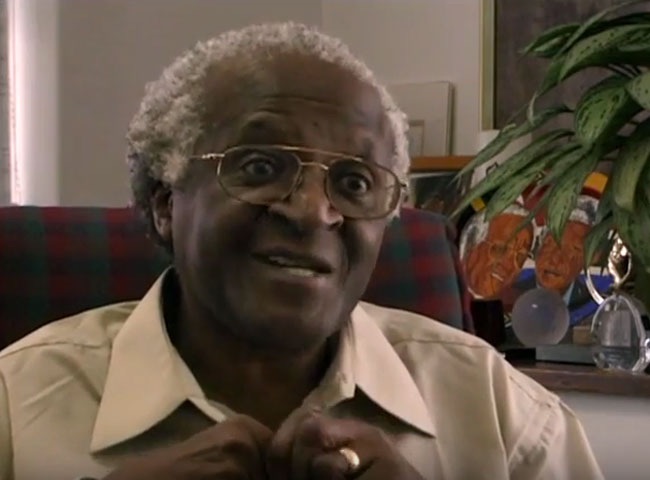Long Night's Journey Into Day
-
Réalisé par Frances Reid, Deborah Hoffmann • Écrit par Frances Reid, Deborah Hoffmann
-
États-Unis, Afrique du Sud • 2000 • 94 minutes • Couleur
- Réalisation :
Frances Reid, Deborah Hoffmann - Écriture :
Frances Reid, Deborah Hoffmann
- Production (structure) :
Reid-Hoffmann Productions - Ayant droit :
Reid-Hoffmann Productions
- N° ISAN :
non renseigné
Résumé
Dans l’Afrique du Sud post-apartheid, la "Commission Vérité et Réconciliation" a été créée pour entendre les confessions des bourreaux de l’apartheid et les confronter aux proches de leurs victimes. Du pardon à la renaissance, des drames humains provoqués par ce conflit à l’espoir de créer un futur de paix et de tolérance, le film relate le déroulement de quatre commissions et témoigne d’un effort ambitieux et unique de reconstruction, de catharsis sociale et de réconciliation sociale. Est présenté le cas d’un policier blanc ayant tué un militant noir ; celui des mères qui apprennent enfin la vérité sur la mort de leurs enfants; celui d’un militant noir demandant pardon à un couple pour la mort de leur fille ; et celui d’un militant noir qui admet avoir fait exploser un bar rempli de policiers blancs.
"This eye-opening look inside South Africa's 'Truth and Reconciliation Commission' is, by turns, poignant, shocking, poetic and always intelligent. But most important, the film's profoundly human depiction of the traumatic scars left by apartheid makes it required viewing for anyone who cares about what it means to be human. The TRC was created to mediate between perpetrators of apartheid crimes who seek amnesty for their transgressions and the victims who seek justice (or more accurately, alas, the victims' surviving families). Full disclosure before the commission did not guarantee a confessor's amnesty, but the proceedings did make for a remarkable, open recounting of horrific historical events.
Long Night's Journey into Day focuses on four case histories, which were heard over the course of two years. One black man faces the parents of a young Fulbright scholar from California whom he killed in a mob riot. A separate case concerns a white former security officer who has murdered an anti-apartheid activist. Yet another activist who has taken part in a car bombing that killed three white women faces the unforgiving sister of one of the victims. The fourth and most intriguing case involved a young black policeman who took part in the government-sanctioned killing of seven black youths deemed to be 'terrorists'. At the heart of these matters is the sticky question of forgiveness. As the camera watches unflinchingly, murderers (who are relatively quick to apologise for their actions) face the families of slain victims, who sometimes aren't so quick to offer absolution. Tellingly, the tally doesn't cut neatly across racial lines. It's a grave reminder that what starts out as a black-and-white issue - literally or figuratively - must be reconceived as a more complex human one if progress is to be made. This film is a bold and moving step in that process."
Mot(s)-clé(s) thématique(s)
Sélections et distinctions
- 2001 • Sundance Film Festival • Utah (États-Unis) • Grand Prix du Jury
- 2001 • Oscars • Los Angeles (États-Unis) • Meilleur documentaire
Comment avoir accès au film ?
-
Édition DVD
- Il n'existe pas d'édition DVD à notre connaissance
-
Accès VOD
- Il n'existe pas d'accès en VOD à notre connaissance
- Distribution
- Aide sur les moyens d'accéder à un film
